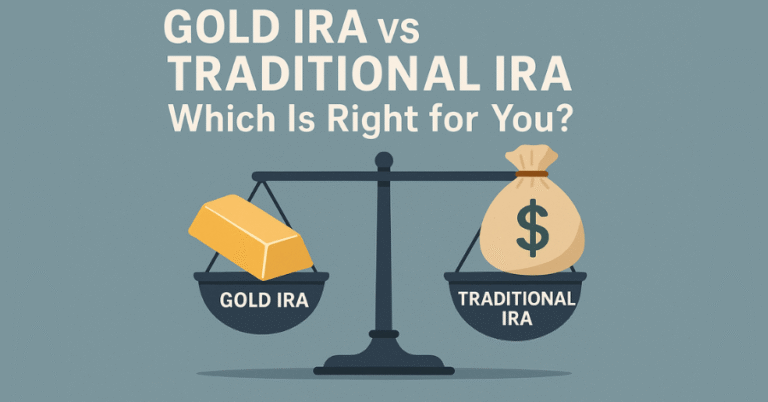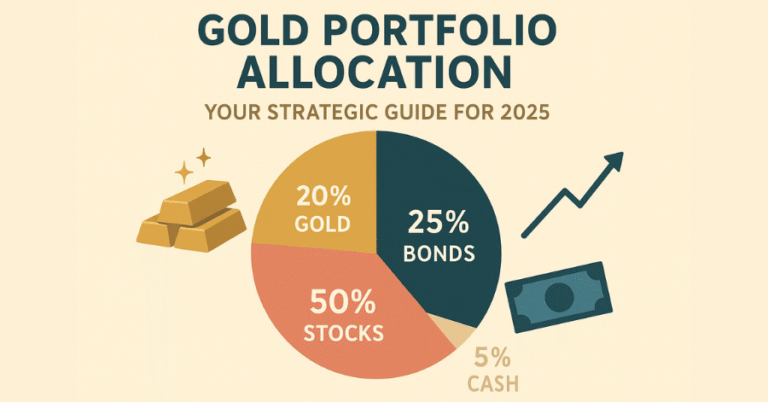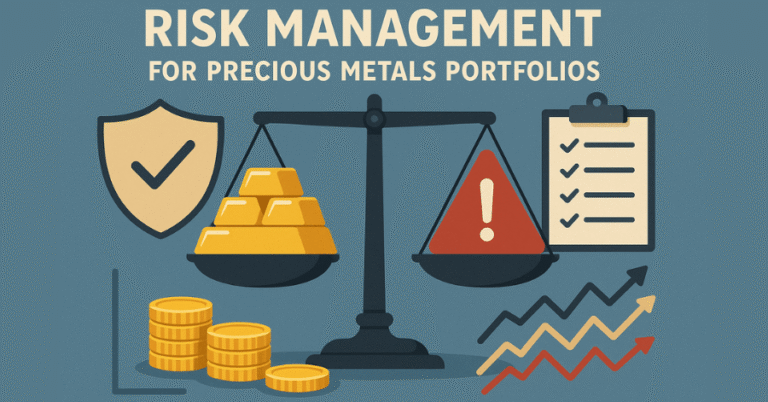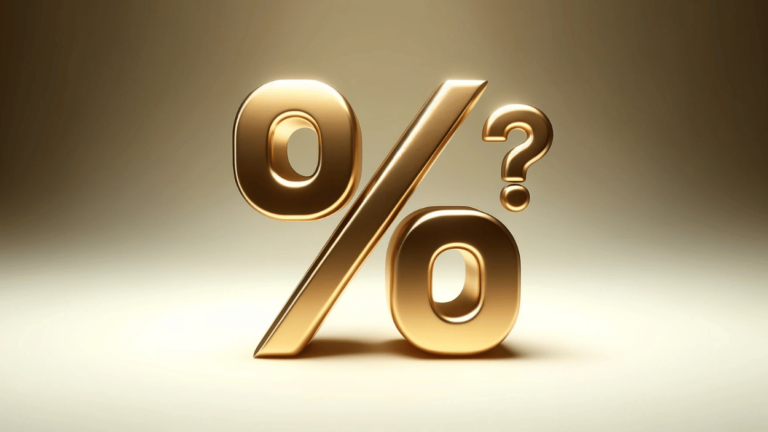“Redefining Gold Jewelry Trends” isn’t just a tagline—it’s a movement. Lin in Shanghai unboxes her latest treasure: a delicate two-gram “hard gold” pendant that captures her heritage with a modern twist. Meanwhile, Sarah in New York City swipes through an augmented reality jewelry app, customizing an ethically sourced gold bracelet. In Toronto, Emma adds another minimalist piece to her investment collection.
Three continents. Three Gen Z trends. One shining truth: Young buyers now dominate fifty-nine percent of China’s gold market, with similar waves hitting North America.
The ancient metal has found its modern voice, and it speaks in tweets, posts, and conscious purchasing power. As Millennials and Gen Z redefine the landscape of gold jewelry, they’re creating a renaissance that merges tradition with technology, sustainability with style.
Redefining Gold Jewelry Trends: Understanding Today’s Jewelry Demographics
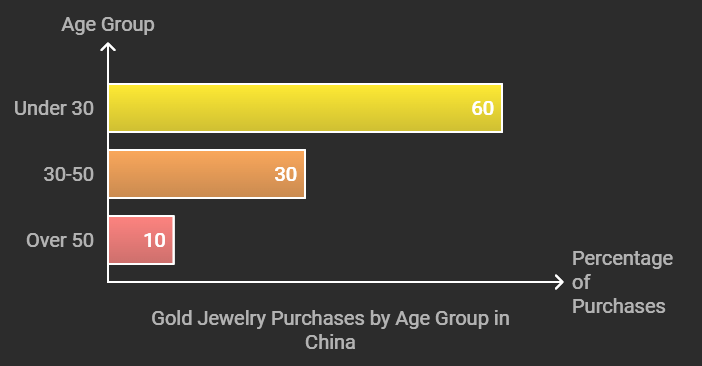
The jewelry industry is witnessing an unprecedented transformation. Recent market analysis reveals that younger generations are becoming the primary drivers of gold jewelry sales worldwide. In China alone, consumers under 30 account for nearly 60% of gold jewelry purchases, marking a significant shift from previous generations’ buying patterns.
“We’re seeing a complete reimagining of what gold jewelry means to younger consumers,” says Maria Chen, senior analyst at Global Jewelry Trends. “It’s no longer about storing wealth through heavy pieces – it’s about self-expression, sustainability, and smart investment.”
Modern Trends Reshaping the Gold Jewelry Landscape

Lightweight Luxury: The Rise of Minimalist Design
Today’s young consumers are gravitating toward delicate, versatile pieces that can transition seamlessly from day to night. The trend toward “hard gold” – pieces crafted with higher karat purity but minimal weight – has revolutionized the market, especially in Asian countries where traditional heavy gold jewelry once dominated.
Cultural Fusion: Heritage Meets Contemporary Style
Young designers are breathing new life into traditional motifs, creating pieces that honor cultural heritage while embracing modern aesthetics. From reimagined jewelry such as Chinese dragons to modernized evil eye pendants, these designs speak to a generation proud of their roots yet firmly planted in the present.
Digital Revolution in Jewelry Shopping
The integration of technology has transformed how young consumers discover and purchase gold jewelry:
- Virtual try-ons using AR technology
- Customization platforms for bespoke pieces
- blockchain-tracked ethical sourcing
- Social media-driven discovery and purchasing
Conscious Consumption: The Ethical Gold Movement
Sustainability isn’t just a buzzword for young jewelry buyers – it’s a requirement. This generation demands transparency about their gold’s journey from mine to market:
- 78% of Millennial buyers research a brand’s ethical practices before purchasing
- Growing preference for recycled gold
- Increased demand for certification and traceability
- Support for artisanal mining communities
Industry Response: Adaptation and Innovation
Traditional Brands Embrace Change
Legacy jewelers are reinventing themselves to capture the young market:
- Tiffany & Co. launched its first gender-neutral collection
- Cartier expanded its digital presence with virtual showrooms
- Traditional Asian jewelers introduced lightweight collections
New Players Changing the Game
Digital-native brands are reshaping the industry:
- Mejuri pioneered the direct-to-consumer fine jewelry model
- AUrate emphasized transparency in sourcing
- GLDN perfected customization at scale
Young Voices: Stories from the New Gold Rush
The Investment-Minded Minimalist
Emma Chen, 27, from Toronto, approaches her gold jewelry collection as a curated investment portfolio. “Each piece I buy needs to work hard for me – both as a fashion statement and as an asset,” she explains. Her collection features stackable rings and convertible necklaces, each carefully selected for maximum versatility.
The Heritage Innovator
“My grandmother wore traditional gold bangles, but I prefer modern pieces that hint at our culture,” shares Lin Wei, 24, from Shanghai. Her collection includes delicate pendants featuring contemporary interpretations of traditional symbols, allowing her to carry her heritage literally close to her heart.
The Tech-Savvy Customizer
Sarah Martinez, 29, from New York, represents the digital-first approach to jewelry shopping. “I designed my wedding band entirely through an app,” she says. “The ability to customize every detail and see it in 3D before purchasing gave me complete confidence in my investment.”
Looking Ahead: The Future of Gold Jewelry

As we look to the future, several trends are likely to strengthen:
- Increased integration of technology in both design and shopping experiences
- Growing emphasis on sustainable and ethical practices
- Further fusion of cultural elements with contemporary design
- Continued preference for investment-worthy pieces that tell a story
The gold jewelry industry stands at a fascinating crossroads where tradition meets innovation. As Millennials and Gen Z continue to reshape the market, their influence promises to create a more sustainable, inclusive, and technologically advanced future for this ancient craft.
The message is clear: gold jewelry isn’t just surviving in the digital age – it’s thriving, transformed by the values and preferences of its youngest consumers. For brands and designers willing to embrace this change, the future looks as bright as the precious metal they work with.


